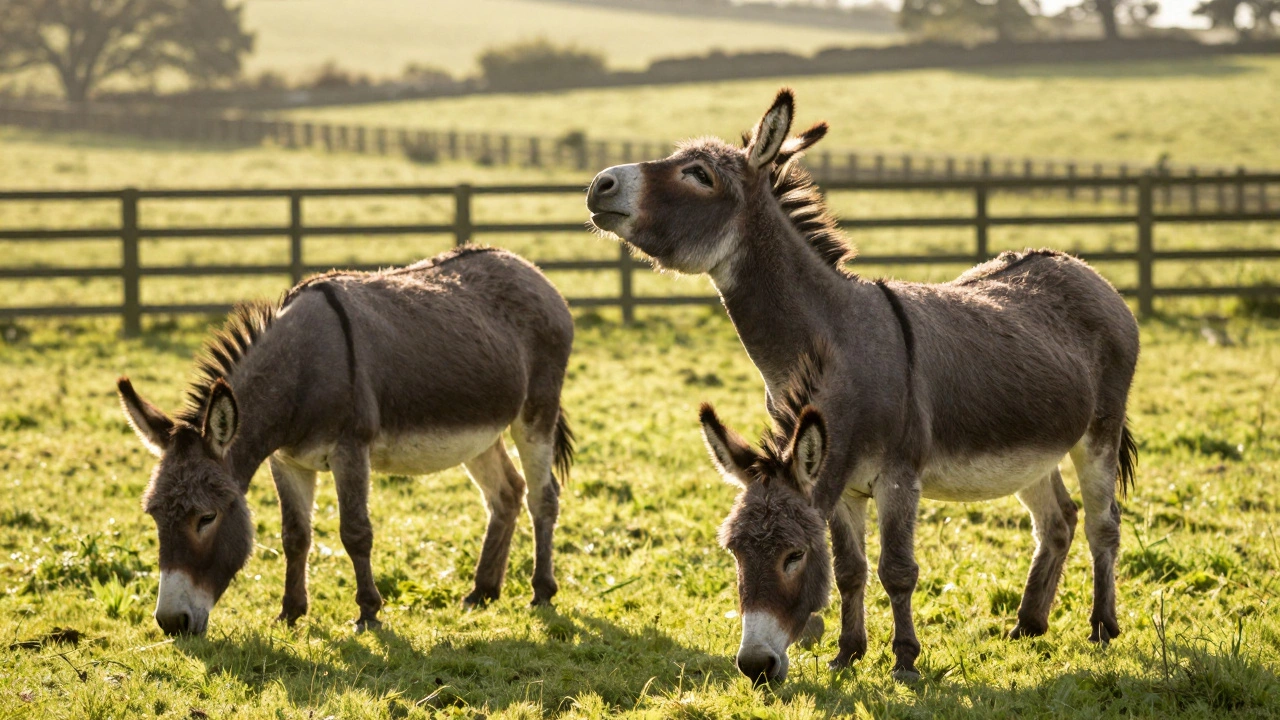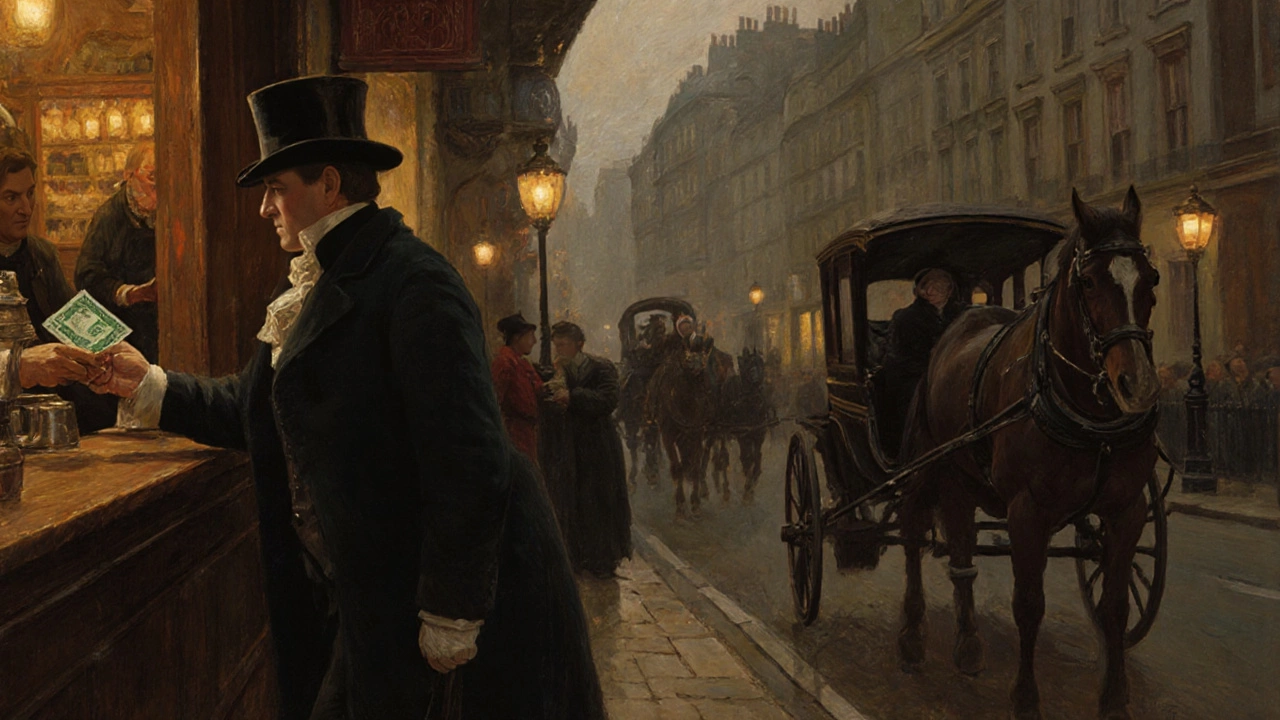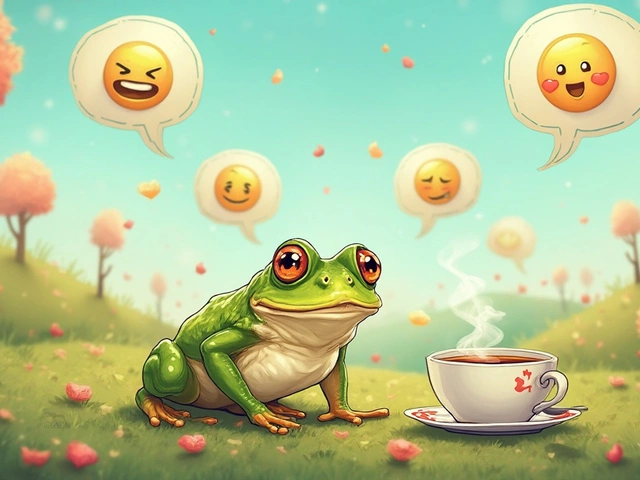Language & Culture
Welcome to the Language & Culture corner of Illuminate by Beth. Here we break down the words, phrases, and habits that make British life unique. Whether you’re a visitor, a new resident, or just curious, you’ll find clear, bite‑size explanations that you can use right away. No jargon, no fluff – just the facts you need to sound like a local.
What’s a “Pony”?
One of the most talked‑about slang terms is the “pony,” a nickname for a £25 note. The story goes back to World War II, when a £25 pension voucher was printed on horse‑hair‑colored paper. Soldiers started calling it a “pony” because it looked like a tiny horse. The name stuck, and today you’ll hear it in pubs, markets, and online forums. Knowing this bit of history helps you understand jokes and saves you from looking confused when someone says, “I’ll give you a pony for that.”
More Fun UK Terms
Britain loves nicknames for money. A ten‑pound note is a “tenner,” a fifty‑pound note is a “fifty‑quid,” and a £5 note is often called a “fiver.” Each term has a story, usually tied to the note’s colour, size, or a historical event. For example, the “fiver” got its name because the number 5 is easy to say and remember. These shortcuts make everyday conversations quicker and a bit more playful.
Beyond money, British slang covers food, weather, and everyday actions. You’ll hear “cheeky” used for a quick drink or a small treat – a “cheeky pint” isn’t rude, it’s just a fun way to say you’re having a glass after work. Likewise, “gobsmacked” means you’re totally surprised, and “knackered” tells you you’re exhausted. Spotting these words in TV shows or on the street becomes easier once you know the context.
Why does this matter? Using the right slang builds rapport. It shows you respect local culture and can fit in more naturally. It also helps you avoid misunderstandings – a phrase that sounds harsh in another dialect might just be friendly banter here. So the next time you’re at a coffee shop and someone offers a “cheeky brew,” you can reply with a grin and accept.
Our Language & Culture page will keep adding fresh posts about slang, idioms, and cultural habits. If you loved the “pony” story, stay tuned for articles on regional accents, holiday traditions, and the origins of British greetings. Each piece is short, clear, and packed with practical examples you can try today.
Ready to sound like a local? Browse the posts, try the new words out loud, and share what you discover. The more you use these terms, the more natural they’ll feel. Happy learning, and enjoy the journey through Britain’s everyday language!

What Is the Plural of Donkey? Simple Rules and Common Mistakes
The plural of donkey is donkeys-simple and correct. Learn why people get confused, how to avoid common mistakes, and when to use apostrophes properly.

Do We Say Bedding or Beddings? The Correct Usage Explained
Learn why 'bedding' is always correct and 'beddings' is wrong in English. Discover how native speakers and major retailers use the term, and avoid common mistakes when talking about sheets and bed linens.

Why Is 25 Pounds Called a Pony? Uncovering the British Slang Origin
Discover why a £25 note is called a "pony"-the history, wartime roots, and modern usage of this classic British slang term.
Categories
- Storage (30)
- Bathroom (21)
- Sofas (20)
- Curtains (16)
- Mirrors (13)
- Home Decor (12)
- Cushions (12)
- Bedding (11)
- Kitchenware (11)
- Rugs (10)
Popular Articles



